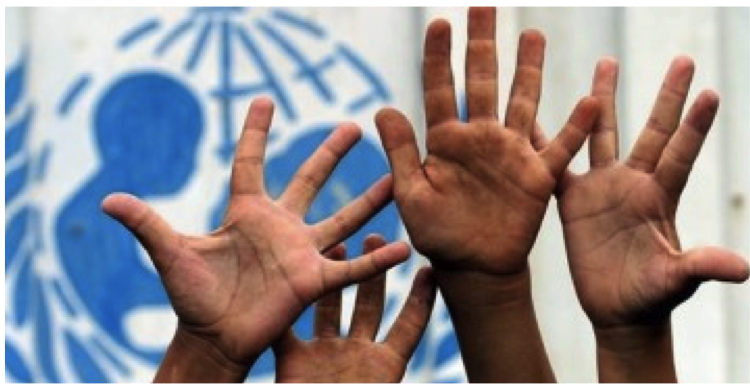Over the weekend, protests against immigration took place in various locations across Australia. Most of these protests adopted the title Reclaim Australia. The central argument is that the religion of Islam contains values that are at odds with Australian Anglo-Christianity. Although no recognised church is affiliated with the Reclaim movement and several oppose it, its supporters do have a right to express their beliefs regardless of whether it is sanctioned by an official church body.
Many supporters of the Reclaim movement truly believe in the core values that they are supporting. Many believe they are not motivated by racism, but rather they simply have values that they are standing behind. We all have an inherent right to voice an opinion and to proselytize our beliefs. In the practice of our beliefs, we all have a right to voice critiques toward other belief systems.
This would include discourse on Islam or on the Reclaim movement. However, we do not have a right to use violence, intimidation and mockery to do so. The right to freedom of thought, conscious and religion is a fundamental tenant of our modern civilisation. It is a positive declaration of free will: the very thing that gives us our human dignity. Therefore, we must as a rule reject any argument against immigration, the Reclaim movement or another religion that relies on mockery, insults, violence or intimidation.
Over the weekend an unidentified man was arrested for carrying firearms on his way to a Reclaim protest. It is alleged that no live ammunition was found on the man and charges were not laid. In another instance a house in Melbourne was raided and five tasers seized before the occupier left to go to a Reclaim protest. The same man had been previously arrested for carrying a knife to a protest. At the protests themselves, several people were arrested with one man allegedly punching a horse. Regardless of the motivations, violence cannot mix with proselytising nationalistic views. Furthermore, the Reclaim movement has become notorious for using mockery in their publications. Some publications have also incorporated calls for its adherents to physically stop Islamic migration. Beliefs must derive their legitimacy through dignity and not through intimidation and mockery. At the bare minimum, dignity ought to be measured by how we treat others and how we treat ourselves.
The right to freedom of thought, conscious and religion is entrenched within
